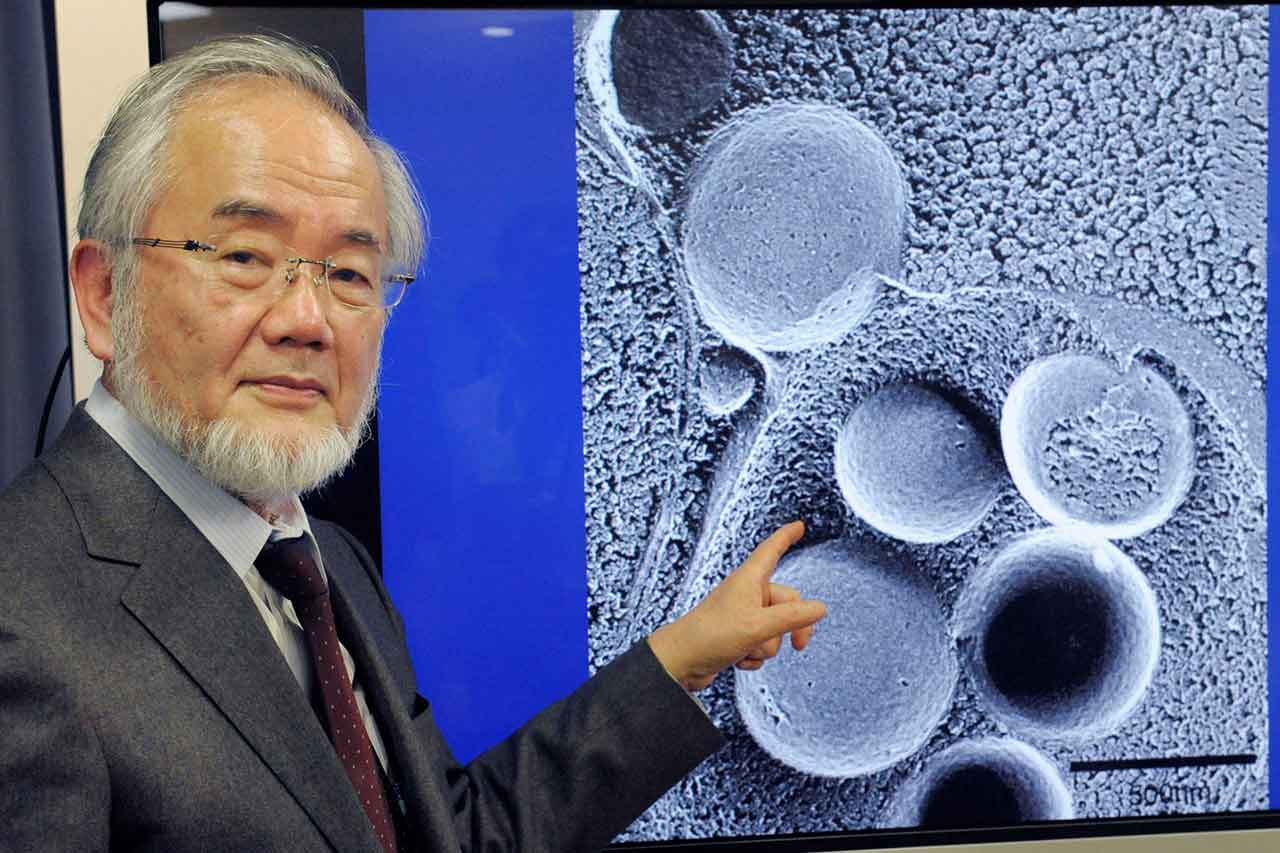The study that brought Nobel to Yoshinori Ohsumi shows that starvation triggers the self-renewal mechanism of cells and prevents many diseases.
In almost all religions and cultures, fasting is a favored practice. It is believed that this brings both exquisite manners and body health. Detox camps, 3-day health fasts, liquid diets … Almost all of them are said to be good for health and strengthen immunity. Practitioners always say that they come out of these experiences by feeling more fit and healthy. This information now seems to be confirmed by a Nobel Prize.
Not long ago, with his comprehensive work, which brought the Nobel Prize to Japanese scientist Yoshinori Ohsumi, also reached a similar conclusion in terms of health. Osumi’s research topic is triggering autophagy and hunger. So what does autophagy mean? Coming from the Latin word “self-eating”, autophagy is a process of breaking down of the cells in order to recycle them for creating new cells. After years of studies and clinical tests, Osumi and his colleagues proved that starvation triggers the autophagy mechanism, as a result of which the weak and diseased cells were destroyed – making the room for creating new healthy cells. This unique mechanism is believed to prevent cancer as well as age related diseases like Parkinson’s and Type II Diabetes.
Even though Nobel Prize winning study is enough to prove a point, if you are planning to wait until more studies to support this fasting mechanism, you might do as our elders says, “Get up from the table without getting full” and even occasionally create an opportunity to be hungry for yourself.













